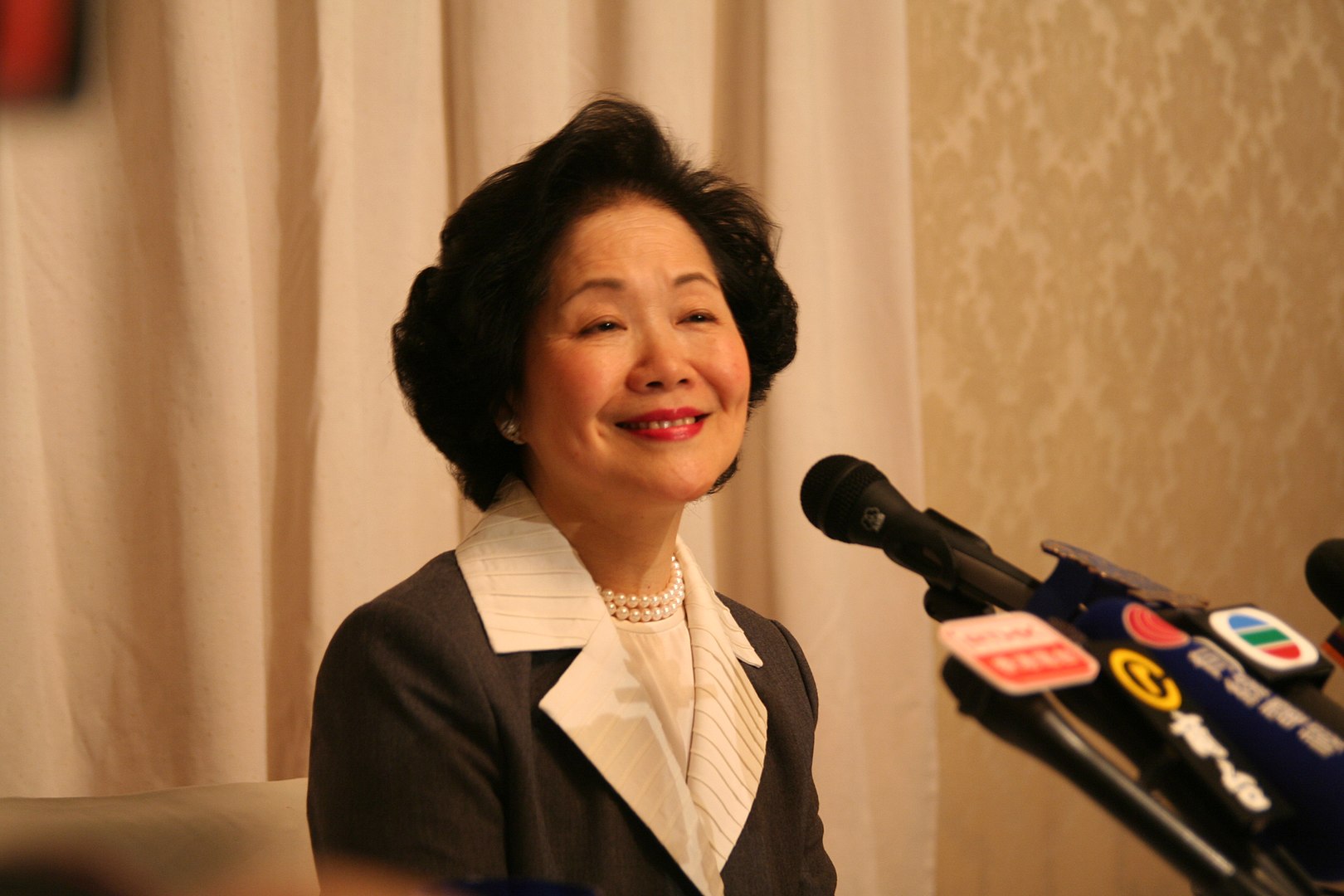
Hong Kong’s former Chief Secretary Anson Chan — long an outspoken advocate for more democracy in the ex-British colony — is urging the city’s chief executive, Carrie Lam, to shelve proposed extradition legislation that has sparked mass protests. On Thursday, dozens of people were injured in clashes with police. In an interview with The Associated Press, the 79-year-old Chan said a massive protest march Sunday that drew hundreds of thousands of people showed “the Hong Kong spirit at its best.”
Before her retirement, Chan headed Hong Kong’s civil service under the former British colonial administration and the Chinese-installed leadership that succeeded it in 1997. She says passage of the amendments to laws that would allow suspects to be extradited to mainland China where they could face torture and unfair trials on vague political charges would put “everybody’s individual freedom and safety at risk.”
Below are questions and answers from the interview conducted in Hong Kong on Friday.
———
WHAT DO YOU SEE AS DANGERS OF THE PROPOSED AMENDMENTS?
“It places everybody’s individual freedom and safety at risk. And it’s not just the local Chinese. It’s also very much foreign nationals living in Hong Kong or even passing through Hong Kong. I think the government has had sufficient notice of the depth of worries and concern expressed by people at all levels, including the business sector. So it’s very important for the government to tell the people ‘I am prepared to pause’ … and then perhaps if we all put our heads together, we can come up with proposals that are more acceptable to the people of Hong Kong.”
“And everyone is afraid that once extradited to the mainland you cannot have a fair and open trial … so can you wonder why people are so concerned?”
———
HOW MIGHT LEADERS REDUCE TENSIONS AFTER RECENT PROTESTS?
“I think it’s very important for the chief executive to take every measure to reduce the tension. Nobody wants to see more violence and more people being injured. But it is imperative for the chief executive to tell the people of Hong Kong that she’s listened to these 1 million voices, people who took to the streets, many of whom had never marched before. I was there myself so I could feel the depth of passion.
“Why has she chosen to go down this road at this point in time? It has been demonstrated there is absolutely no urgency. Perhaps she grossly underestimated the public reaction.”
———
ARE THE COMPLAINTS AND CONCERNS LEGITIMATE?
“The first thing to say about (Sunday’s) march is that it shows the Hong Kong spirit at its best. But what the people are attempting to tell is that we are very worried about the consequences of passing the extradition bill because no one will feel safe, even in their own beds, after passage of this bill. I hope it won’t drive people to either leave Hong Kong or to give up any hope. Hong Kong has always been a safe place to live, to work and to do business in.”
———
WHAT IS THE IMPACT ON HONG KONG’S REPUTATION AS A CENTER FOR BUSINESS AND FINANCE?
“If the government insists on bulldozing these proposals through a very compliant Legislative Council, then a lot of foreign business people will think twice about locating in Hong Kong. They might just as well go directly to China and take the attendant risks. Why bother to come to Hong Kong? And we cannot pretend on the one hand to be an international and premier financial and services centre and then (the government) goes and deals this very heavy blow to business confidence.”
———
WHAT SHOULD LAM DO NEXT?
“I hope that the chief executive will take swift action. I do not think we want to see a repeat of the protests outside the (Legislative Council) chamber as we saw (on Wednesday). You’re just asking for trouble because you’re heightening the tension and you’re bringing the police into direct conflict with the people. And nobody wants to see that and nobody wants to see more young people being hurt.”